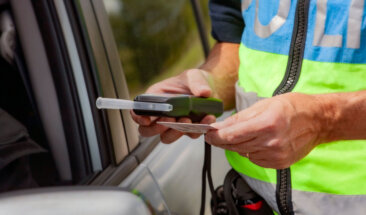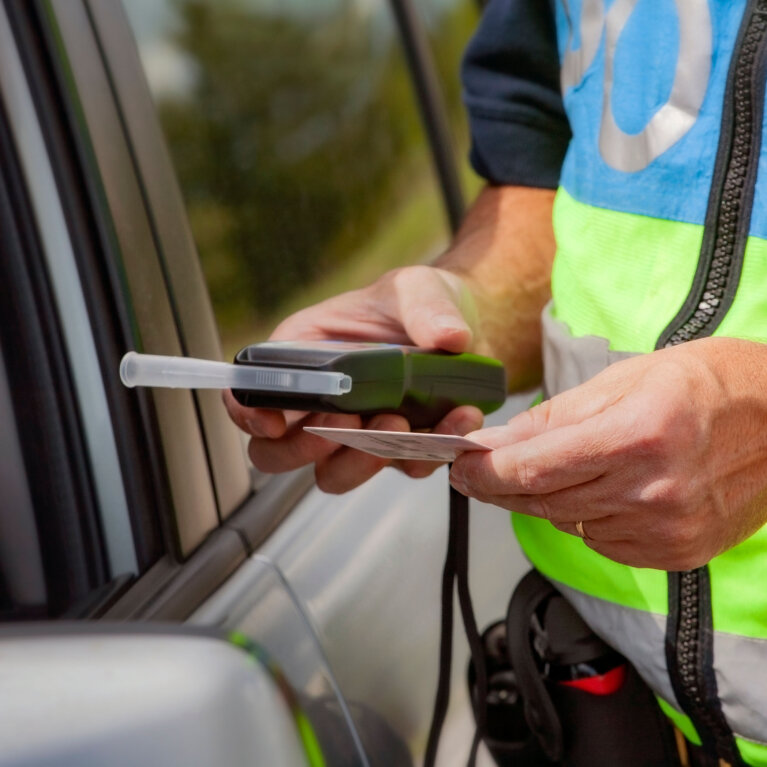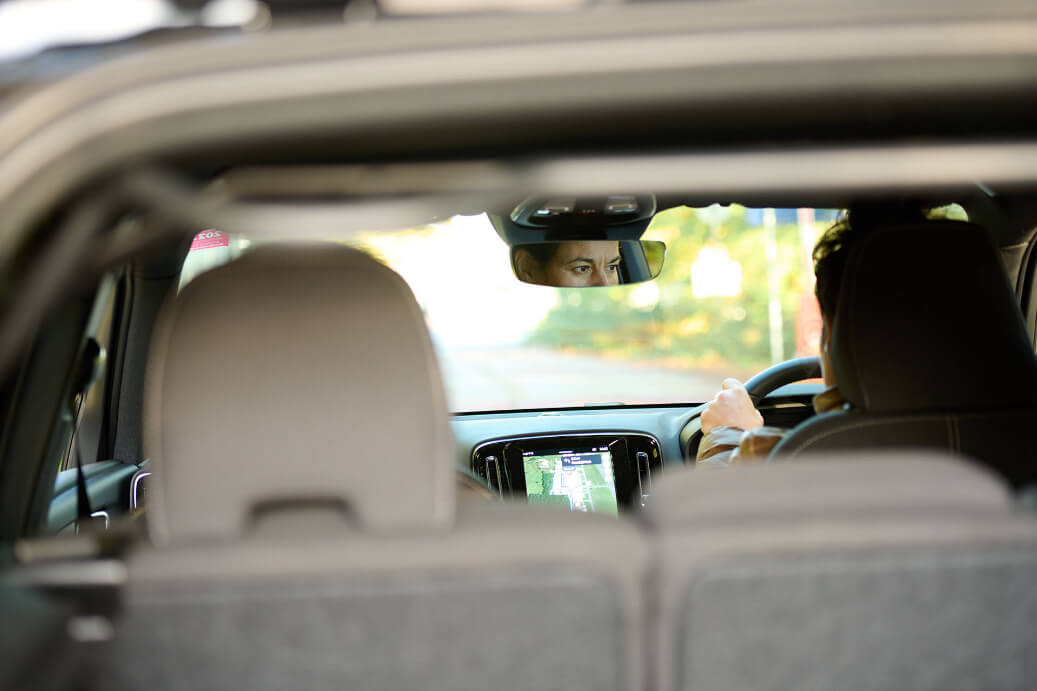If you are convicted of drink driving, it is up to the court to decide what your sentence should be, including the length of your driving ban.
Please note that the following information only relates to courts in England and Wales. Other factors and guidelines may apply in Scotland and Northern Ireland.
Once discharged from police custody, you will be given a document containing the details of your alleged offence, including the level of alcohol detected. Then at your court hearing, if you admit or are found guilty of the charge, the magistrates will decide on the appropriate sentence.
In England and Wales, magistrates will base their decision on things like the type of offence, the level of alcohol in your body and whether you have committed a similar offence before.
However, they may also take some account of certain circumstances and facts in your favour. One of these is if you voluntarily offer to take an approved drink drive rehabilitation course.
Successfully completing the course with an approved provider like TTC could reduce the length of your ban by up to a quarter. For example, taking a 12 month ban down to 9 months.
Get your licence back sooner with a TTC course
Inform the court to reduce your potential ban by up to 25%
1
You or your solicitor must ask the court to refer you to a drink driving course at your hearing.
2
You must ask for the course at your court hearing. You can’t make up your mind at a later date.
3
Once you nominate TTC as your course provider, we’ll send instructions on how to book.
4
You must book and complete the course in good time to get your driving ban reduced.
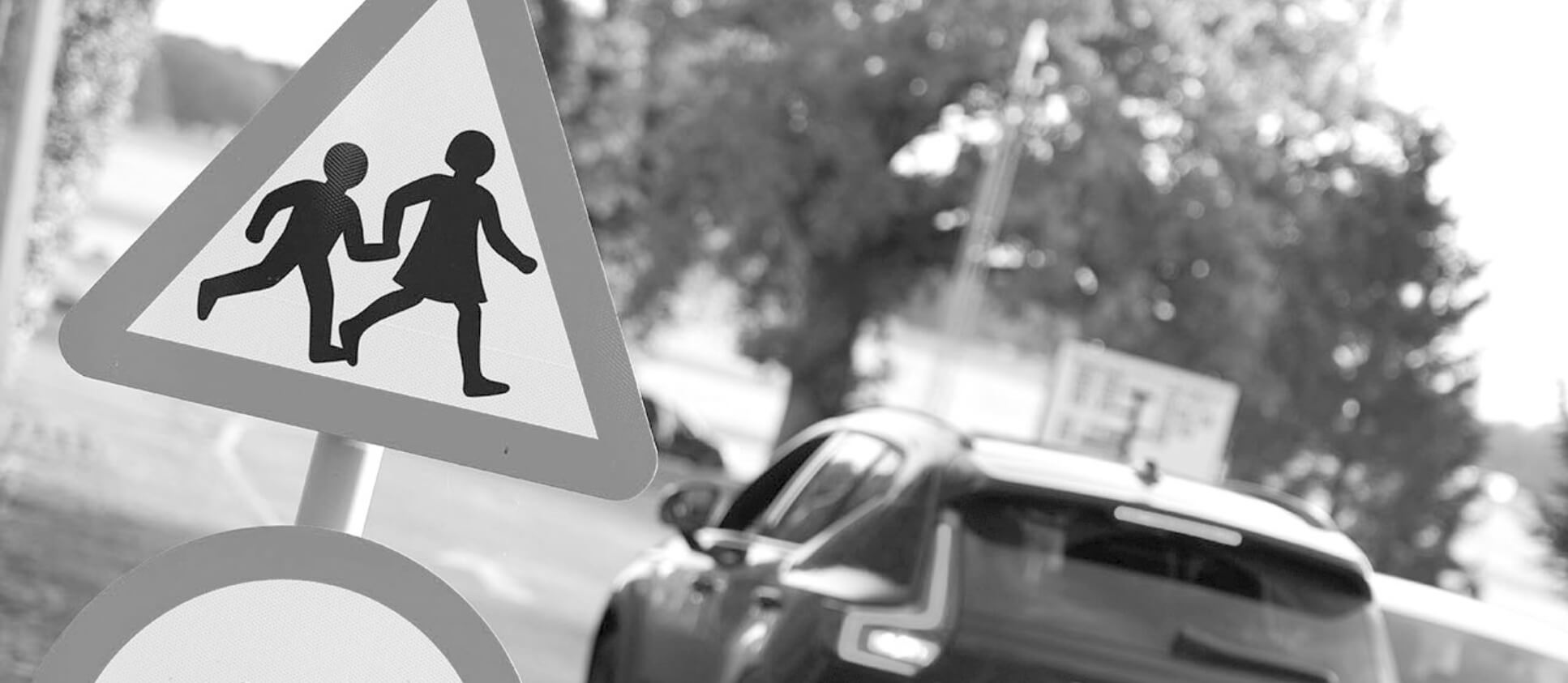
What’s in it for you

Proven to reduce the likelihood of drink drive reoffending
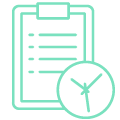
Reduce your ban by up to 25% and get your licence back sooner

Take the course from home or in a non-judgemental class with others

Qualify for free anxiety management help and support
You’ve been charged with drink driving. What happens next?
Once discharged from police custody, you will be given a document containing the details of your alleged offence, including the level of alcohol detected by police. Then at your court hearing, the magistrates will decide on the appropriate sentence, where you have either admitted to, or are found guilty of the charge.
Is drink driving a criminal conviction?
Yes, it is a criminal offence and is taken very seriously by police and the courts with sentencing ranging from fines and a ban to imprisonment.
What sentence am I likely to get?
Sentencing can be different according to the seriousness of the offence. For example, the offence of driving a vehicle while exceeding the maximum legal alcohol limit carries a minimum mandatory driving disqualification of 12 months. Whereas being in charge of a vehicle while exceeding the maximum legal alcohol limit carries a discretionary driving disqualification.
The length of any ban may also be governed the level of alcohol involved. The magistrates use guidelines to help them calculate an appropriate drink driving penalty. You can visit the UK Government’s drink driving penalty webpage for a list of all drink drive related offences, and the penalties that can be applied for each offence.
How else can a drink drive conviction affect me?
Other problems you could face as a result of a drink drive conviction include:
- Your car insurance costs will increase significantly
- If you drive for work, your employer will see your conviction on your licence
- You may have trouble travelling to countries like the USA
Completing a TTC drink drive course could reduce your driving ban by up to 25%.
Does a drink driving conviction show on a DBS check?
Disclosure Barring Service (DBS) checks (formerly known as a CRB checks) tell potential employers whether you have any past criminal convictions, cautions, or warnings on your record.
Your drink drive conviction will almost certainly show for a length of time, known as a rehabilitation period, before it becomes ‘spent’. The length of time will depend on the sentence you received.
For adults over age 18, the rehabilitation periods for drink driving offences are as follows:
- Custodial sentence over 48 months – never spent. This conviction will always show up on a DBS check
- Custodial sentence of 30-48 months – 7 years from end of sentence
- Custodial sentence of 6-30 months – 4 years from end of sentence
- Custodial sentence up to 6 months – 2 years from end of sentence
- Probation Order – 12 months from end of order
- Community Order – 12 months from end of order
- Fine – 1 year from the date of conviction
- Conditional Discharge Order – from the last day of the order
More questions answered
What is a High-Risk Offender?
The drink drive rules and legislation are different for drivers that have been categorised by the DVLA as a High-Risk Offender (HRO).
A High-Risk Offender is anyone who has:
- been convicted of two drink driving offences within 10 years
- been convicted for driving with an alcohol reading of at least 87.5 microgrammes of alcohol per 100 millilitres (ml) of breath, 200 milligrammes (mg) of alcohol per 100 ml of blood, or 267.5 mg of alcohol per 100 ml of urine
- refused to give the police a sample of breath, blood or urine to test for alcohol
- refused to allow a sample of your blood to be tested for alcohol (for example if it was taken when you were unconscious)
It is the duty of the DVLA to administer and notify the individual that they are a High-Risk Offender. The court does NOT tell a person that they are a High-Risk Offender.
The DVLA typically issues a letter shortly after an individual’s conviction to notify the offender that they are a High-Risk Offender.
A High-Risk Offender will not get their new licence until they are able to prove their medical fitness to drive again. For this they must pass a medical examination with one of DVLA’s appointed doctors.
High-Risk Offenders will be issued with a D27PH renewal form 90 days before the driving disqualification end date. This D27PH form must be completed and returned to the DVLA to reapply for a new driving licence.
Please note that this process is different in Northern Ireland. Drivers convicted in Northern Ireland cannot apply for a new driving licence until the driving ban is complete. All convicted drink drivers in Northern Ireland are required to resit their driving test before they can regain a full licence. If they are a High-Risk Offender this includes passing a medical as well.
When can I reapply for my licence?
You can reapply 56 days before the ban is due to end (90 days for High-Risk Offenders). You should receive a D27 form direct from the DVLA inviting you to reapply, but this does not always happen.
I have not received my D27 form, what should I do?
As seen with many other public services since the pandemic, currently there are considerable delays being experienced in applications for restoring a licence after disqualification. This is especially true for High-Risk Offenders required to undergo a medical assessment, who are experiencing longer delays in medical appointments due to NHS resource availability.
We recommend that offenders continue to observe the full 56-day window (90 days for High-Risk Offenders). If no advice is received in this time, you can visit a Post Office to obtain and submit a D1 form to have your licence returned. Please be advised that it is likely to take more than 3 months for an HRO.
If you were convicted prior to 1st June 2013 (but NOT since that date) and your GP has no concerns about you resuming driving, and the DVLA has received a complete and correct D1 application for the restoration of your licence, Section 88 of the Road traffic Act 1988 allows you to drive for up to 12 months pending the completion of the enquiries.
This only starts when the actual ban has ended. The full DVLA document which details the conditions of Section 88 of the Road Traffic Act 1988 can be viewed on the .gov.uk website.
